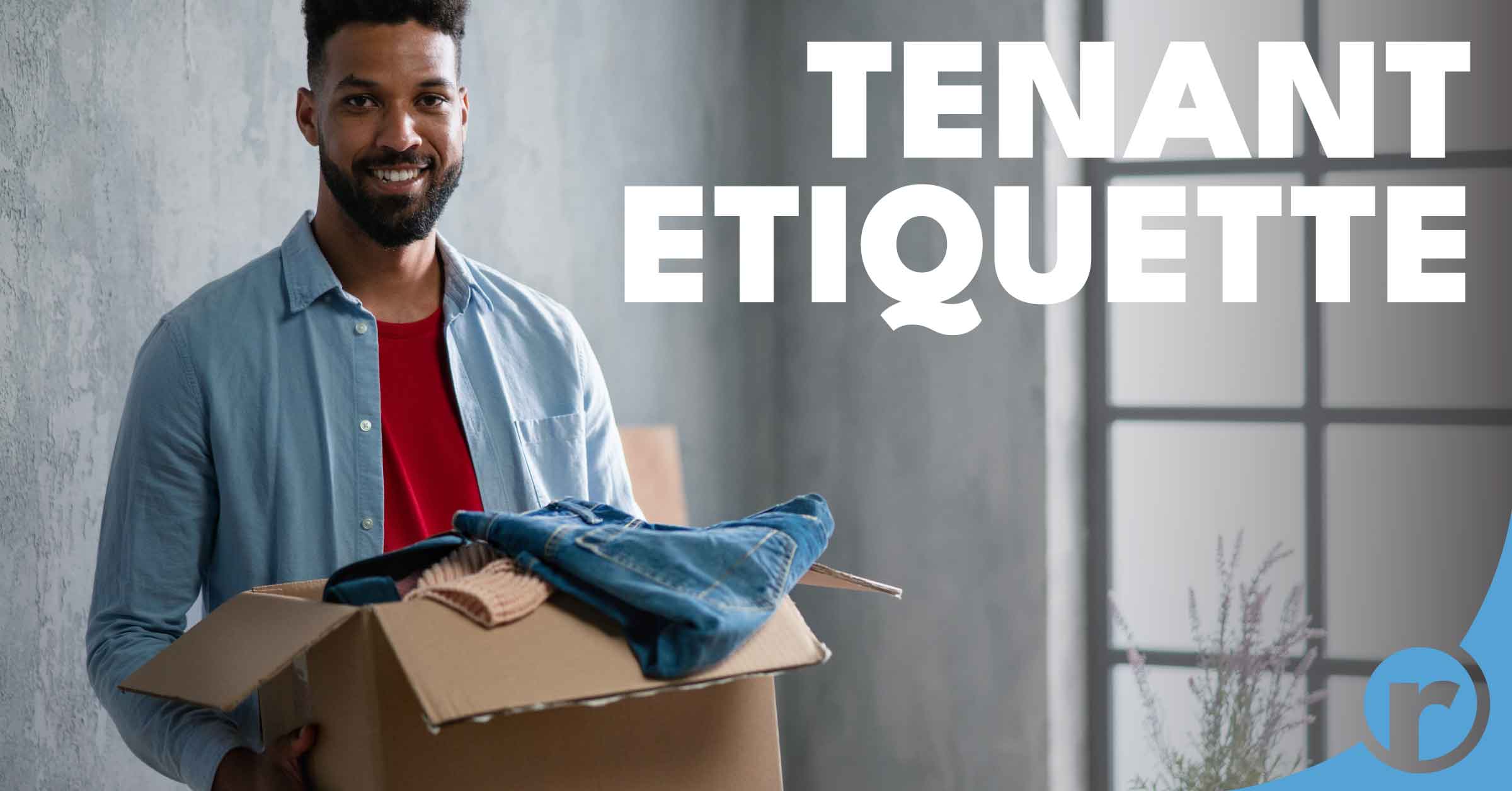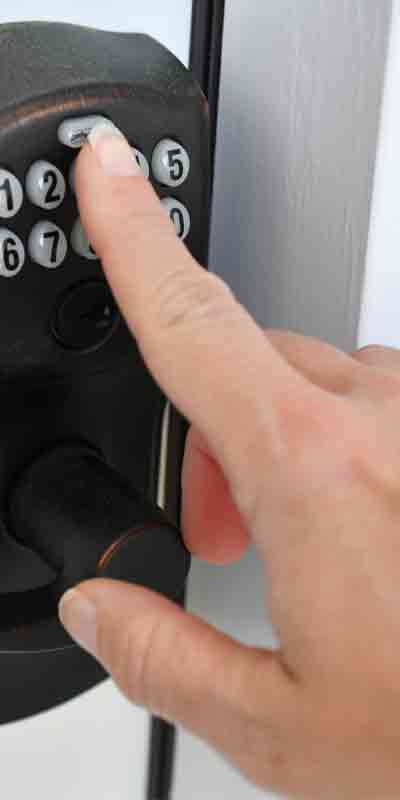Building a positive living environment involves contributions from both landlords and tenants. In this blog post, we’ll explore the basics of tenant etiquette, creating an enjoyable rental experience for everyone.
Respecting Property Rules and Guidelines:
Maintaining a respectful relationship with your landlord starts with following property rules and guidelines. Details could be included in your rental agreement or condo rules and regulations if you’re renting a property within a condominium corporation. Basic examples include a rental agreement that states whether or not you’re permitted to smoke and condo corporations having rules about keeping personal belongings on your balcony and how many or what kind of pets you can have.
Communicate with your Property Management Company or Landlord
Open communication is key. Most landlords will appreciate hearing from tenants about proactive maintenance suggestions or faulty housing components, as long as it’s within reason. Just because you saw three spiders in a day or four bees outside doesn’t mean there’s an infestation worthy of calling in an exterminator; however, a hot water tank that has a very slow but consistent leak, discolouration of an area on the ceiling, or unusual clanky sounds from the garage door, could be signs of something about to fail or something already in need of repair.
Keeping Your Rental Clean: Tenant Responsibilities
Not everyone has the same opinion of what constitutes general cleanliness and tidiness, but there is a reasonable expectation, and the LTB expects tenants to live up to it. If you find yourself with insects or other infestations, take a close look at the home’s condition. Crumbs and clutter will create an inviting environment for unwanted guests, and, you could find yourself on the hook for extermination costs if you’re found to be a contributing factor to the problem.
Paying Rent On Time
Life happens, and we all understand that finances can be tight. However, just like the bank requires your landlord to make the mortgage payment on time, you’re responsible for paying rent on time. Exceptions can be made occasionally, but communicating concerns well in advance is important and should not be the norm. We’ve made arrangements to accommodate a tenant in a hard place, but it was a one-time exception that was made clear. If you don’t have funds in your account in time, ensure you have backup money or enroll in your bank’s overdraft protection program. This avoids hefty non-payment fines from the bank and your landlord.
If you can’t pay your rent on time, let the landlord know immediately. Discuss options, and perhaps you’ll find they can work something out.
We preach the importance of Landlords respecting tenants and providing them with a comfortable home. And we must not forget also about the importance of tenants reciprocating that respect through properly maintaining the home, paying their rent, and keeping open lines of communication.












